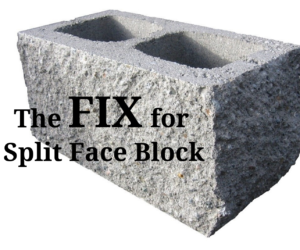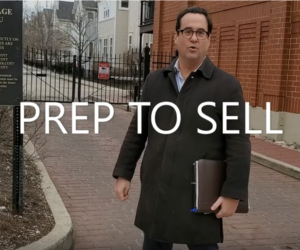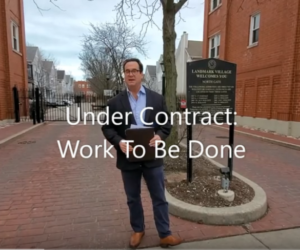If none of these things get results, legal action may be your last resort. If you decide to sue (or at least threaten to sue), two common approaches are:
- Illinois Implied Warrant Workmanship
- Note that this does not typically apply to new construction, as this Implied Warranty is almost always waived when the developer gives you their warranty with the new construction developer contract.
- Illinois Consumer Fraud & Deceptive Business Practices Act
Illinois Implied Warrant Workmanship
Here in Illinois, construction work is covered by an Implied Warranty of Workmanship. This one-year warranty applies whether or not there is a specific warranty written into the contract. Here is a good overview of it: https://www.levelset.com/blog/workmanship-warranty/.
This warranty allows you to sue for work that you can prove was done poorly. You cannot, however, recover attorney fees, which can be substantial. On the plus side, there is also a lower threshold of proof. You do not need to prove that the contractor was misleading or fraudulent, just that the work was not done in a workmanlike fashion.
Illinois Consumer Fraud & Deceptive Business Practices Act
Threatening to sue under the Illinois Consumer Fraud & Deceptive Business Practices Act can be a more effective coercive threat to the contractor since you can also recover attorney fees. This can make a world of difference because even a cheap lawsuit might cost $15,000 in attorney fees, which could be more than the physical damage to the property. As an example, I recently represented a buyer in Ukrainian Village who had requested that the seller fix some plumbing issues uncovered during the inspection. The seller agreed, but after the purchase, the pipe burst, causing about $3,000 in damages. Although a plumber confirmed that the soldering work had been defective, the cost of a lawsuit would have exceeded the damage to the property.
Under the Act, if a contractor did the work in a way which would not really repair the problem but instead merely was a temporary fix or concealed the degree of the problem that could create liability. Misrepresentation of the work, whether intentional or unintentional, as well as merely staying silent instead of informing the client of important issues, could also be actionable.
If you get to the point of legal action, I would strongly suggest contacting a lawyer to explore your options. While I can provide a framework and some ideas as to your legal options, every situation is different and a good lawyer will be able to discuss your options given your circumstances.












